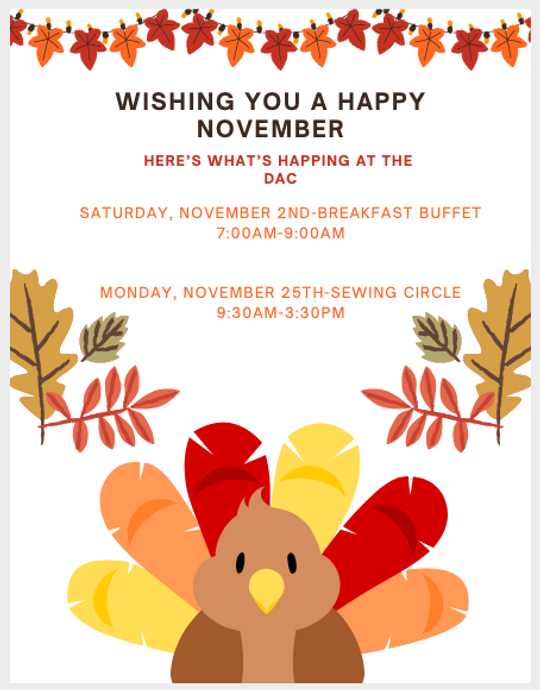Pace Yourself
In fiction writing, pace is the speed at which a story proceeds. A good story has moments of quick action as well as slower, contemplative parts. A story that is fast paced all the way through will dull the reader’s senses and lessen the impact of the climax. A story that is slow paced the whole time will put a reader to sleep. First, let’s talk speed. To speed up a large section of a novel (most notably the climax), use short chapters, short paragraphs, clipped dialogue, and sentence fragments (sentence fragments as opposed to a string of grammatically proper sentences). To speed up the pace in a small section of the story, like when the main character has a mild emotional reaction to an event, this is one time when “telling” comes in handy. Not everything has to be “show, don’t tell.” For example, consider a character named Nikki who’s cleaning the dinner table. She has just learned information about a woman named Joyce: Nikki wiped the crumbs from the table. Indecision pricked her brain. She dropped the crumbs into the sink. In eighteen words over the course of three short sentences, Nikki has cleaned the table, and the reader is told that Nikki is indecisive about the Joyce situation. Now, for slowing things down. There will be times when you want to slow the pace of an entire section of a novel such as the lowest of the low points where the hero has lost everything and all seems hopeless. Use longer chapters, longer, more detailed sentences, and less action. To slow down the pace in a small section of the story, definitely stick to “show, don’t tell.” In her upcoming book, The Divine Proverb of Streusel (Revell, January 2024), author Sara Brunsvold shows her main character contemplating a difficult decision. As in the example I used above, Nikki is cleaning the dinner table. She is juggling all the information she recently learned about Joyce: Nikki started in the middle of the table and swept the rag toward a corner, bringing crumbs together in one spot. She carefully pushed the collection of crumbs over the edge into her waiting palm. The crumbs loose enough to fall tumbled into the trash can. She brushed off the rest with the edge of the rag. She laid the rag on the counter and smoothed it flat. “What if it was Joyce?” -Sara Brunsvold, The Divine Proverb of Streusel (edited for brevity) In 73 words, over the course of five longish sentences plus one punch- sentence, Brunsvold shows us how Nikki is lost in thought. She spends way too much time swirling her rag around the table the same way we swirl thoughts around our brains when we’re contemplating things. By the time readers get to the end of this slower- paced paragraph, they know whatever comes next will be significant. Nikki asks about Joyce. Pacing is only one technique in a writer’s toolbox. If you’d like to learn other writing techniques, hear authors speak about their writing journeys, or learn something else entirely, Cisco Writers Club is having its annual planning meeting on January 4th, 7 p.m. until 9:00 p.m., at the Conrad Hilton Center, 309 Conrad Hilton Blvd, Cisco, TX 76437. What do YOU want to see from Cisco Writers Club in 2024? Workshops? Guest speakers? Critiques? Bring your ideas and join in on the discussion. All welcome! Priscilla Bettis is Secretary of the Cisco Writers Club. She is outlining her first literary Christian novel.


























